
- Article
- Article
The anatomy of a brain dissection
Dissecting the brain after death not only helps confirm a diagnosis, but it can also teach us so much more about the symptoms and causes of brain diseases and how to treat them.

- Article
- Article
The secrets your teeth hold
Discover how innocuous-looking human teeth hold a wealth of hidden information about our diet, health and evolution.

- Article
- Article
Audrey and her family
In working on Audrey Amiss’s archive, Elena is getting closer to understanding her. But the way her niece and nephew remember Audrey adds essential detail to the picture.

- Article
- Article
Silent threat
As Vanessa Peterson recovered from a frighteningly serious illness, she wondered whether it was linked to air quality. For many communities, she found, pollution is a political issue.

- Article
- Article
The trouble with too many things
Hoarding is a slippery subject – difficult to define or diagnose. As she tries to explain the intensity of her grandma’s collecting, Georgie Evans finds the words and tools at her disposal aren’t all that helpful.
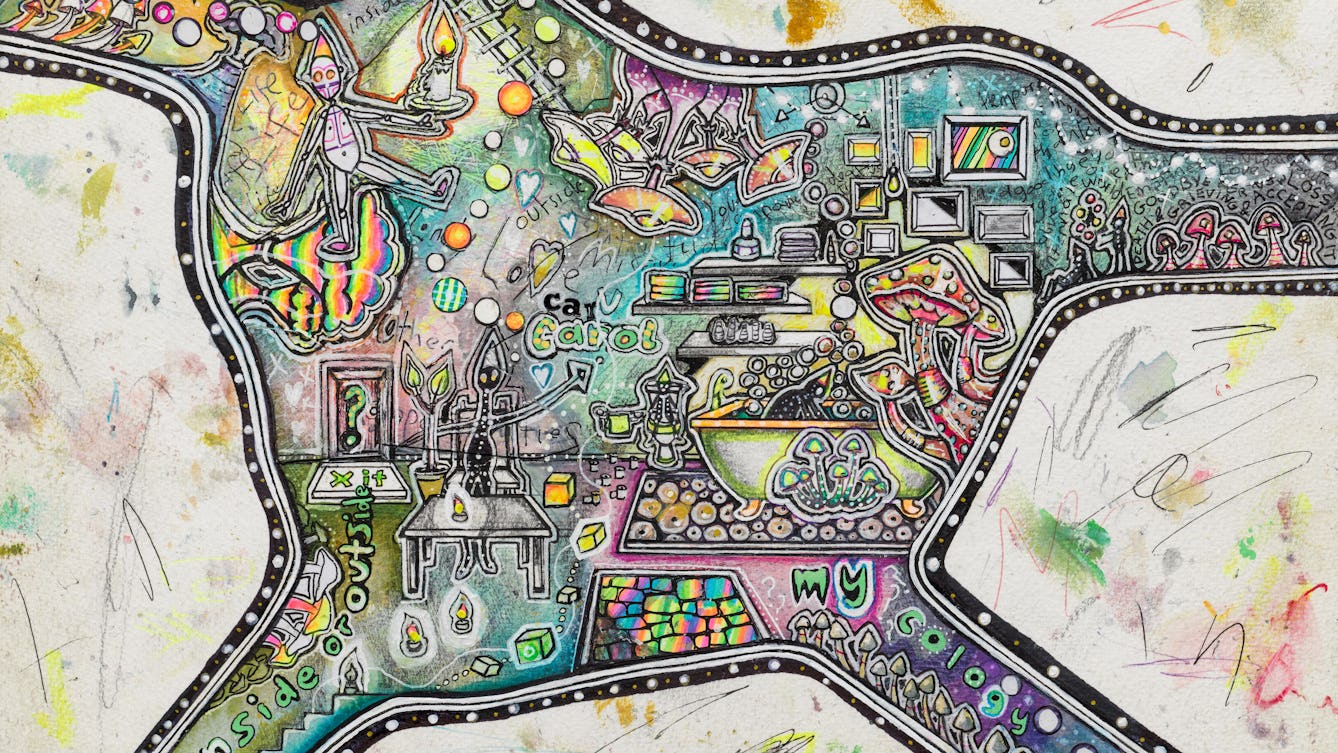
- Short film
- Short film
Loss and grieving
In this artwork Carrie Ravenscroft delves into the complex feelings of grief and loss that were triggered by the death of her aunt during the Covid pandemic.

- Article
- Article
A history of twins in science
For thousands of years, twins have been a source of fascination in mythology, religion and the arts. Since the 19th century, they have also been the subject of scientific study and experimentation.

- Article
- Article
Air of threat
Novelist Chloe Aridjis vividly describes the suffocating atmosphere of Mexico City, as a combination of topography, crowded neighbourhoods, and reckless political diktats create a downward spiral.

- In pictures
- In pictures
The serious side of historical games
Some games carry a weighty message, from the earliest form of snakes and ladders that led to either heaven or hell, to chess pieces representing the dangerous manoeuvres of unsafe sex in the 80s.
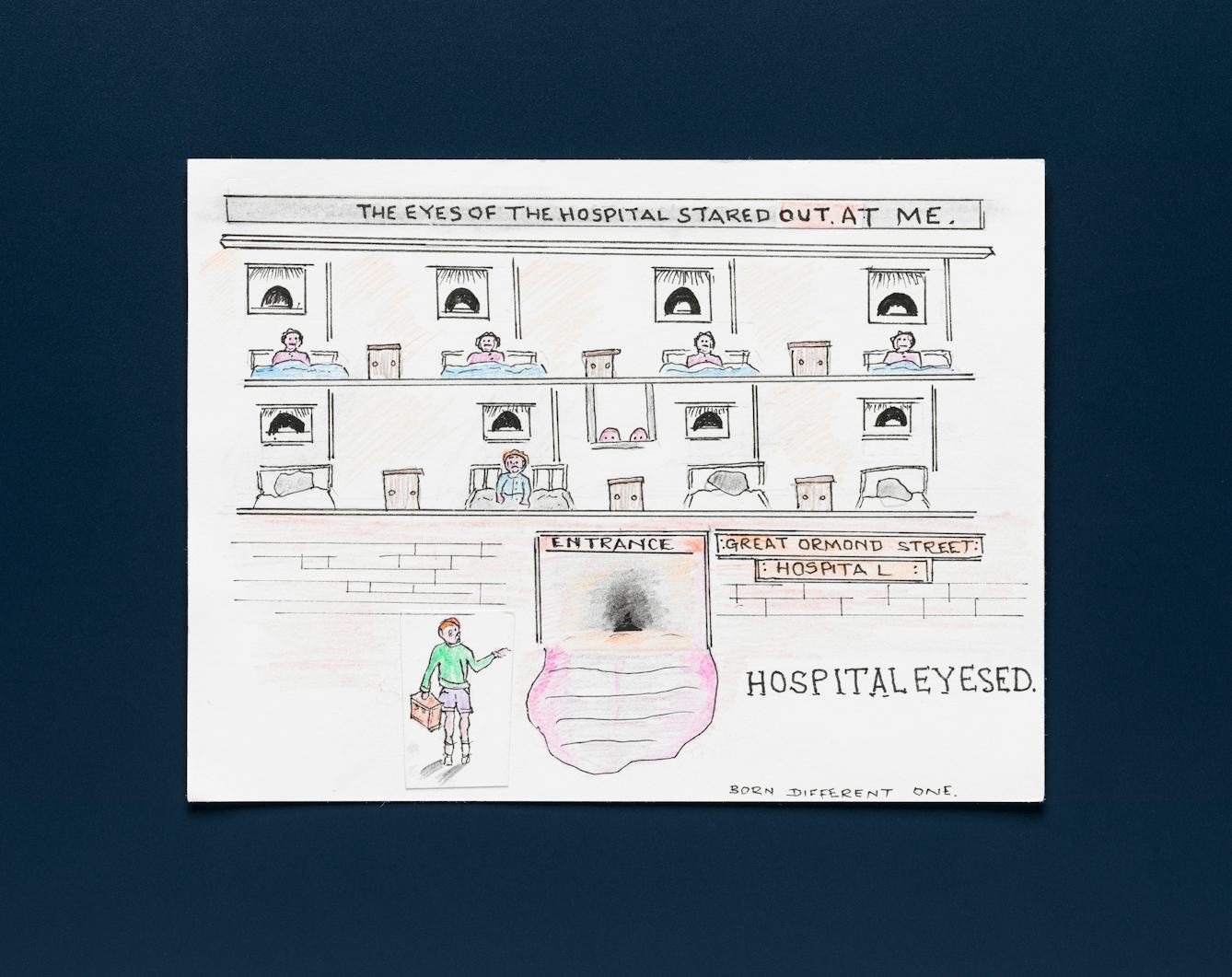
- Article
- Article
Born different
For Chris North, being born intersex in the 1940s meant his many childhood hospital visits, tests and operations were not explained or discussed. As he reveals, doctors encouraged strict secrecy.

- Article
- Article
Deciding a date for the end of the world
When will the world end? Charlotte Sleigh explores how our obsession with dates and dramatic imaginings of the end can distract us from the dangers slowly creeping up on us.
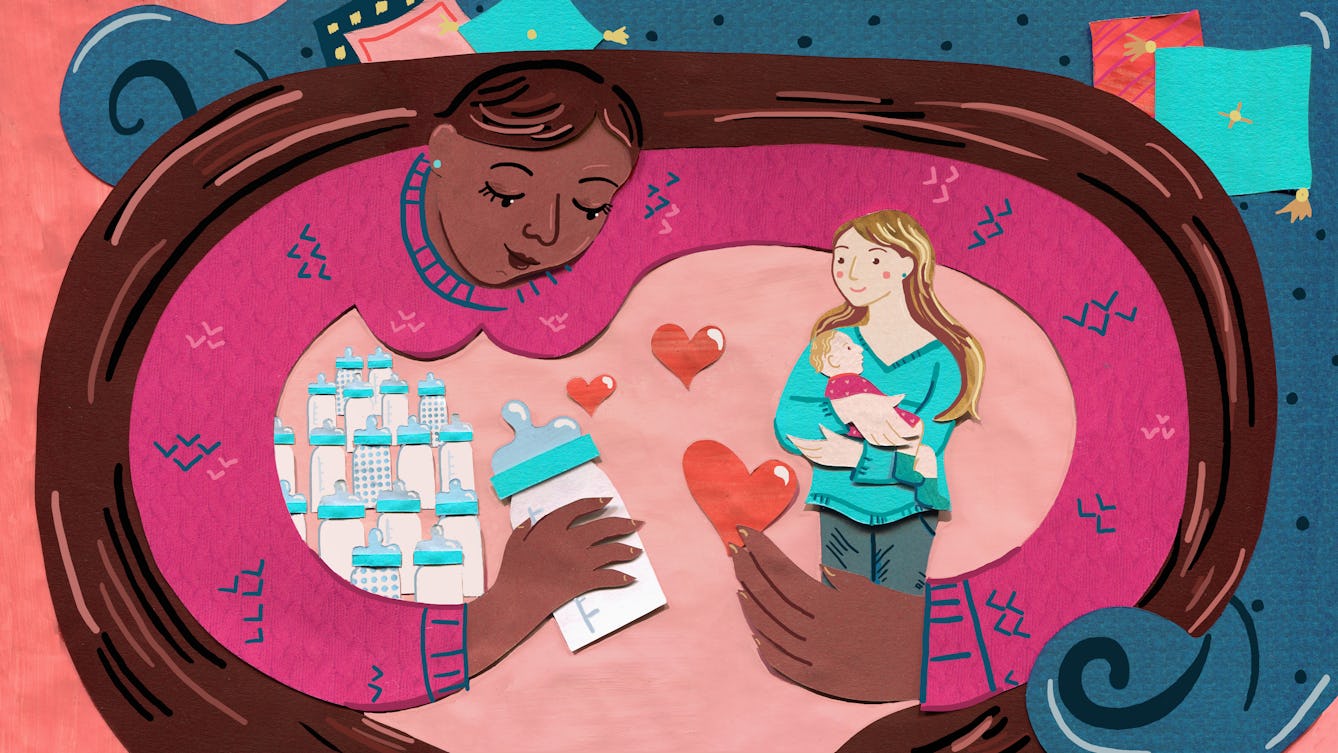
- Article
- Article
Mixed feelings and milk siblings
A friend in need has a profound effect on Alev’s feelings about women sharing their milk in this final instalment of ‘The Breastmilk Market’.
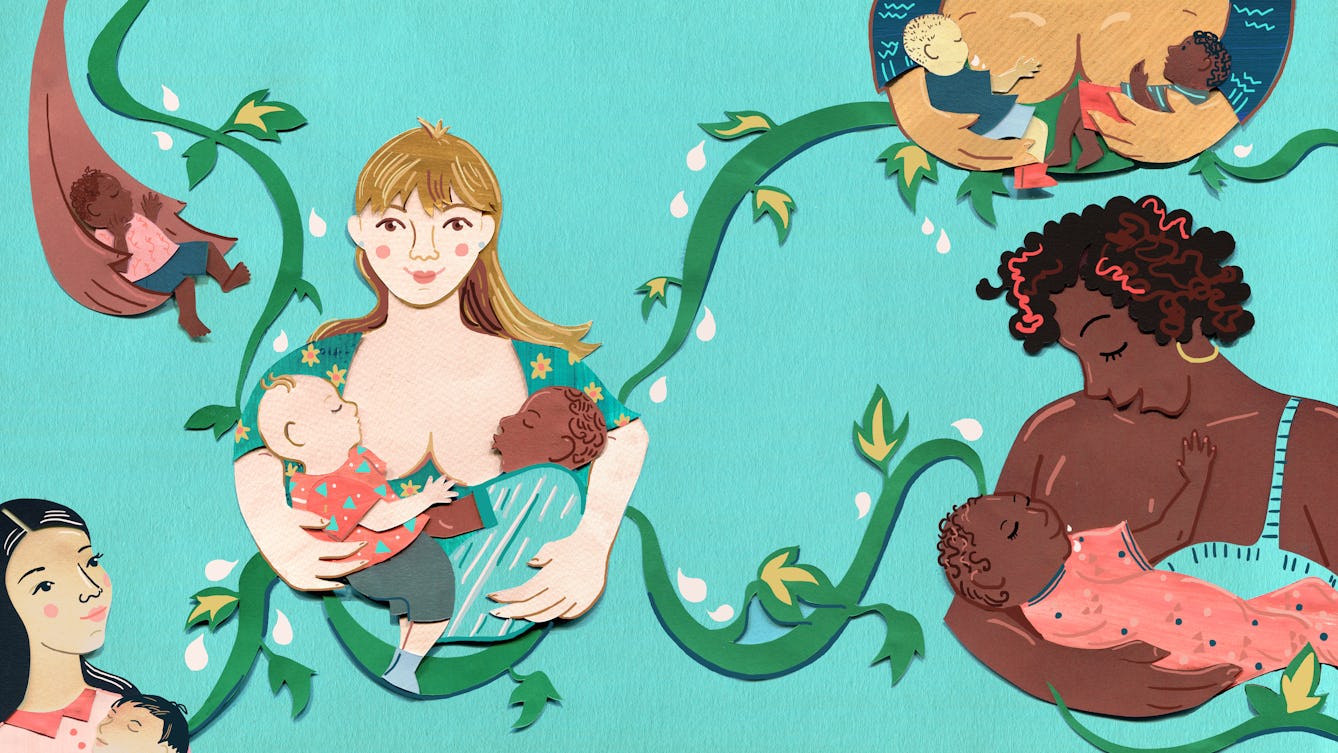
- Article
- Article
Communities of cross-feeders
A desire to help leads some women to “cross-feed” – breastfeed other parents’ babies for free. Alev Scott delves into the emotions behind this altruistic act.
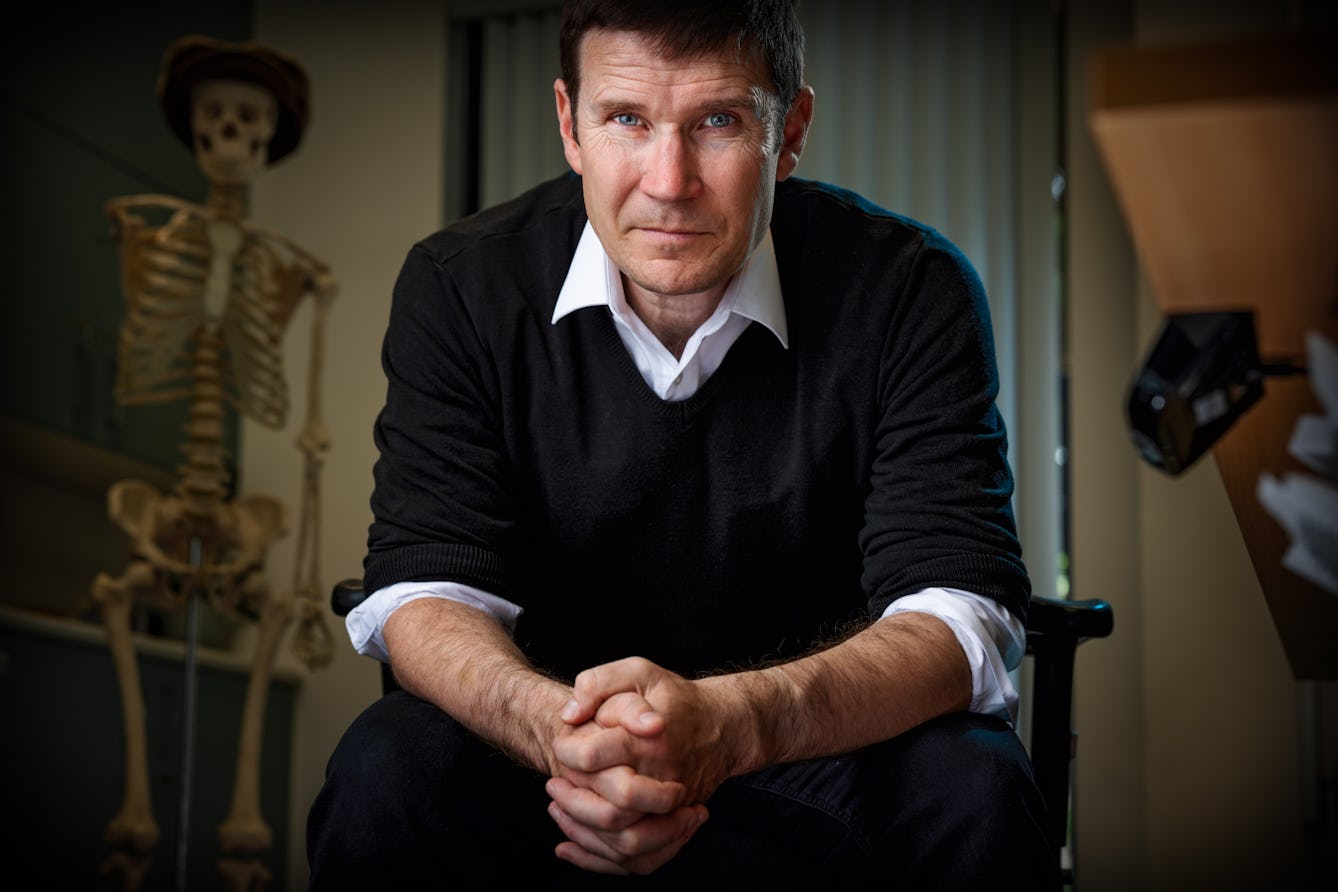
- Book extract
- Book extract
Why the NHS is worth saving
In this extract from his latest book, ‘Free For All’, Dr Gavin Francis poses challenging questions to be addressed if a health service that’s free for all at the point of use is to remain possible.
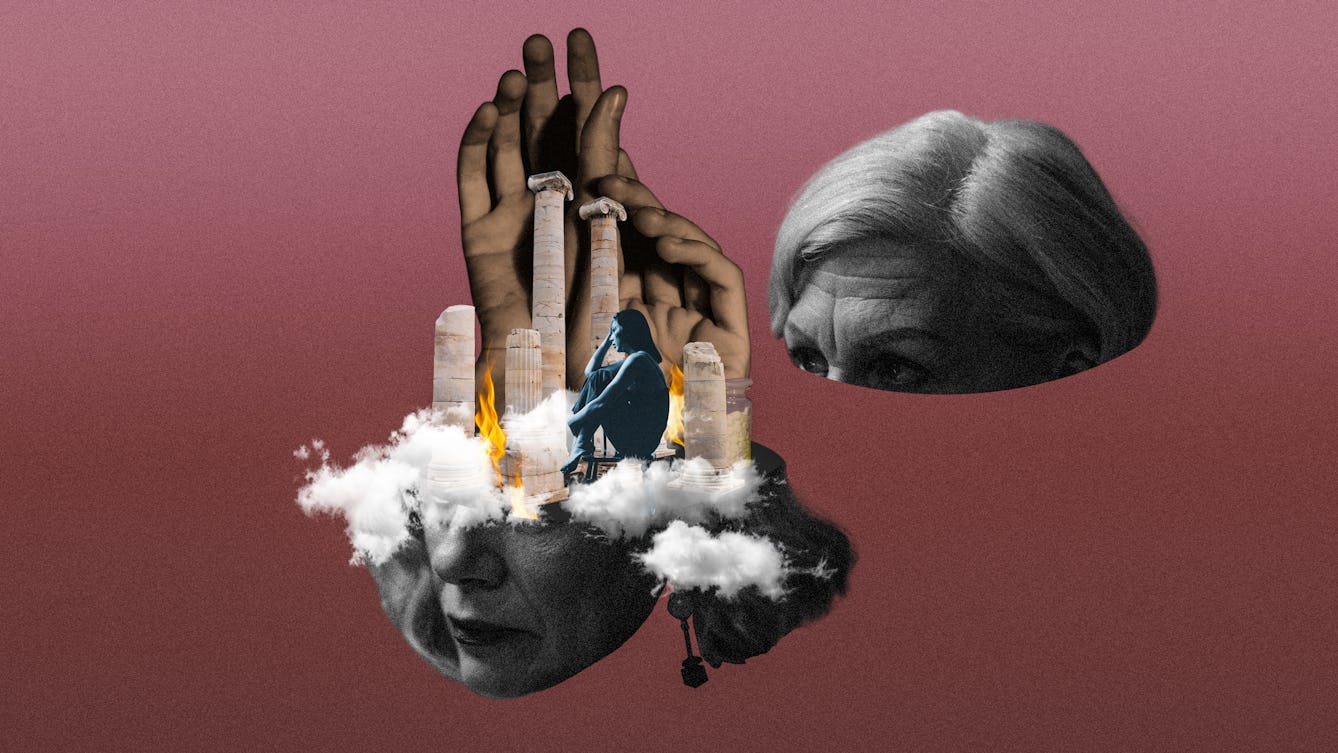
- Article
- Article
Hysteria
Mental health and emotional symptoms are common during menopause, but a long history of dismissing sufferers as 'hysterical women', at the mercy of their emotions has made it much harder to discuss these issues and to get support.
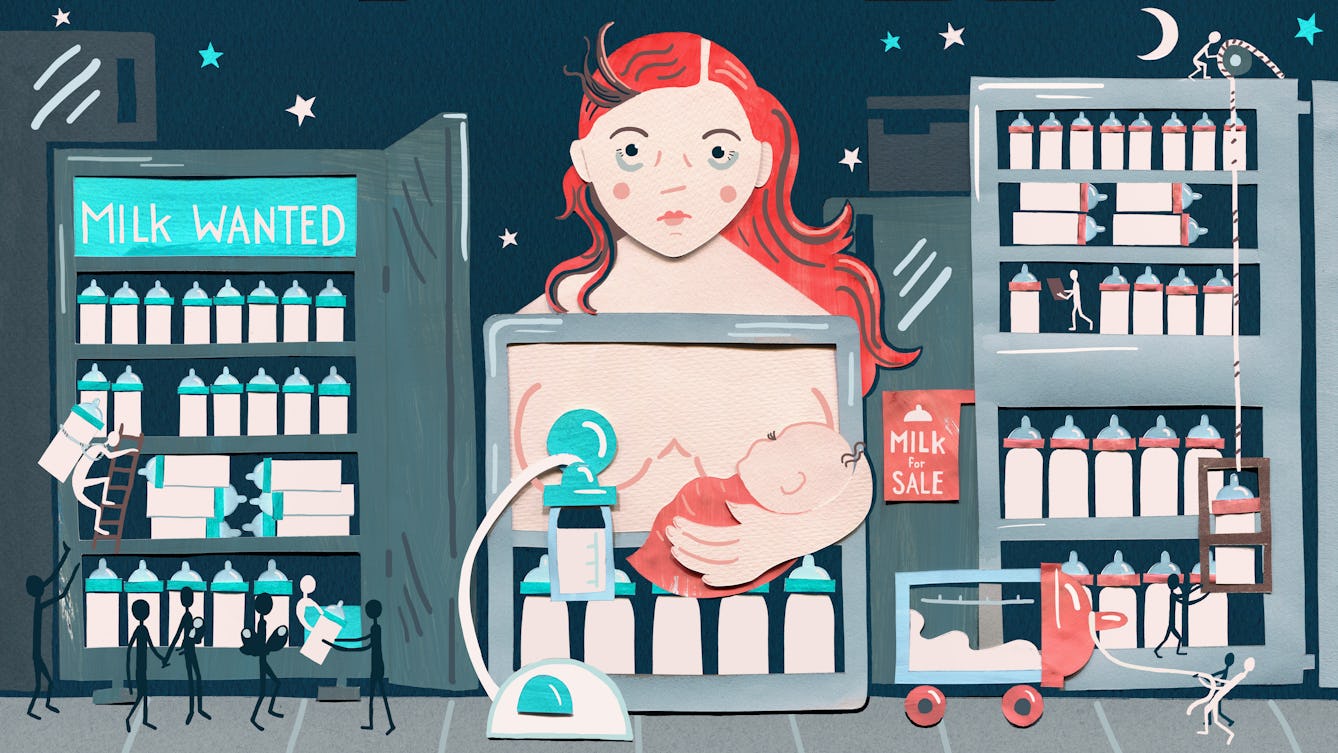
- Article
- Article
A freezer full of breastmilk
When new mum Alev Scott began pumping her milk between feeds, she soon found she was freezing more breastmilk than her baby would ever need. So Alev began to investigate ways to share her oversupply.
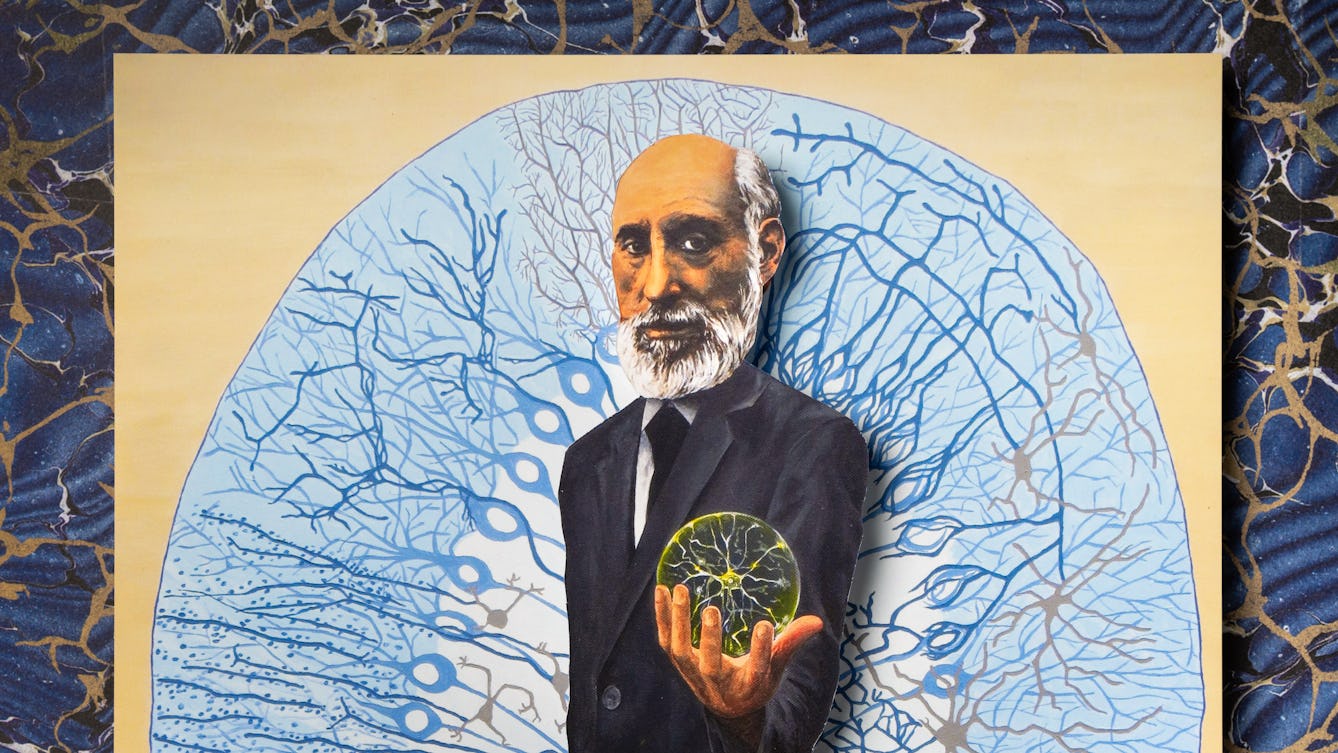
- Book extract
- Book extract
The shape of thought
Santiago Ramón y Cajal’s description of the moment in 1887 when he saw a brain cell for the first time never fails to move neuroscientist Richard Wingate to tears. Here he captures that enduring sense of wonder.

- Article
- Article
Belonging and why we long for it
Tanya Perdikou’s upbringing emphasised conventional respectability, but other influential family members embraced the bohemian life. Caught between two sets of values, she questions where, if anywhere, she fits in.
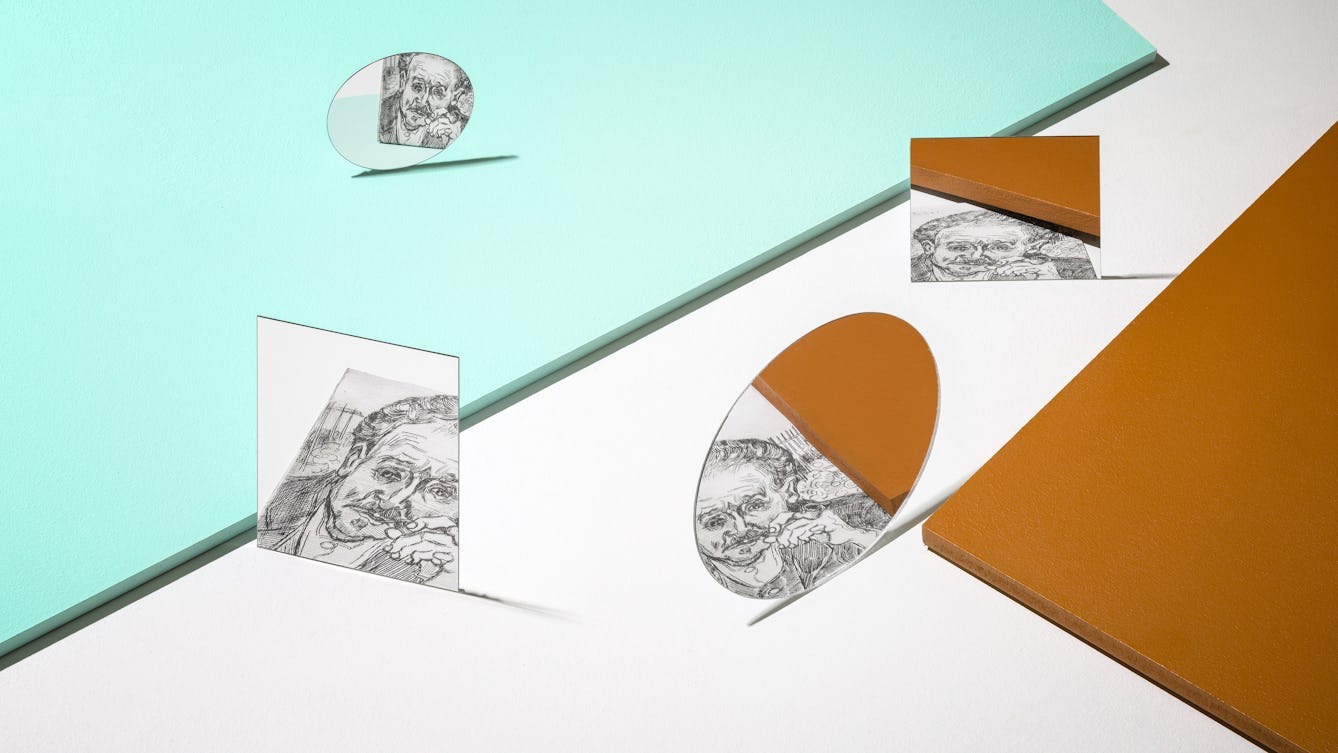
- Article
- Article
Reversing the psychiatric gaze
Nineteenth-century psychiatrists were keen to categorise their patients’ illnesses reductively – by their physical appearance. But we can see a far more complex picture of mental distress, revealed by those patients able to express their inner worlds in art.
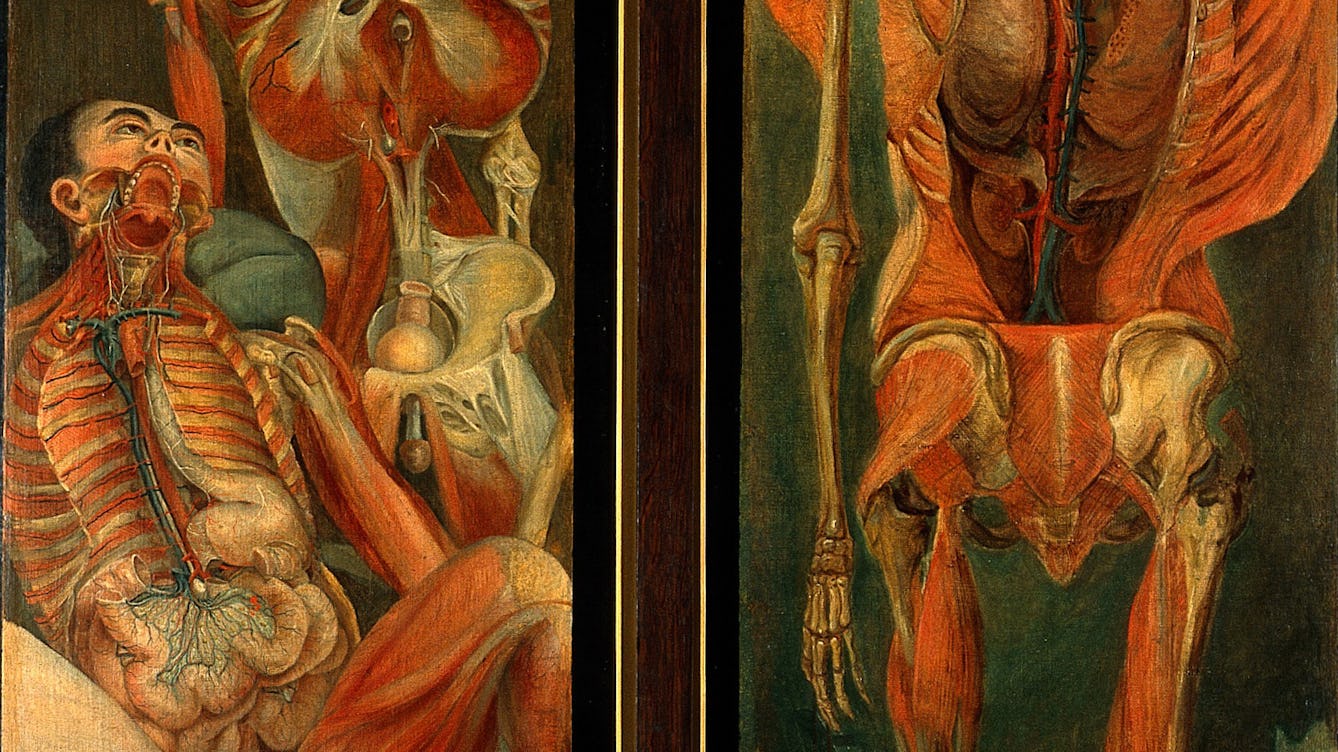
- Article
- Article
Getting under the skin
Before the invention of X-ray in 1895 there was really only one way to accurately study the human body, and that was to cut it open.

- Article
- Article
Crime drama and the realistic cadaver
Today we are accustomed to the increasingly realistic look of dead bodies in on-screen dramas. Special-effects expert Hildegunn M S Traa reveals how crime and morgue scenes reflect the social idea of death.

- Article
- Article
The meaning of trauma is wound
Daisy Johnson recalls her difficult journey to being diagnosed with vaginismus, and why women are so good at turning bad things into a joke.

- Article
- Article
Demanding a diagnosis for invisible pain
After dozens of hospital visits and handfuls of painkillers, a plethora of scans and tests bring diagnosis closer for Jaipreet Virdi.
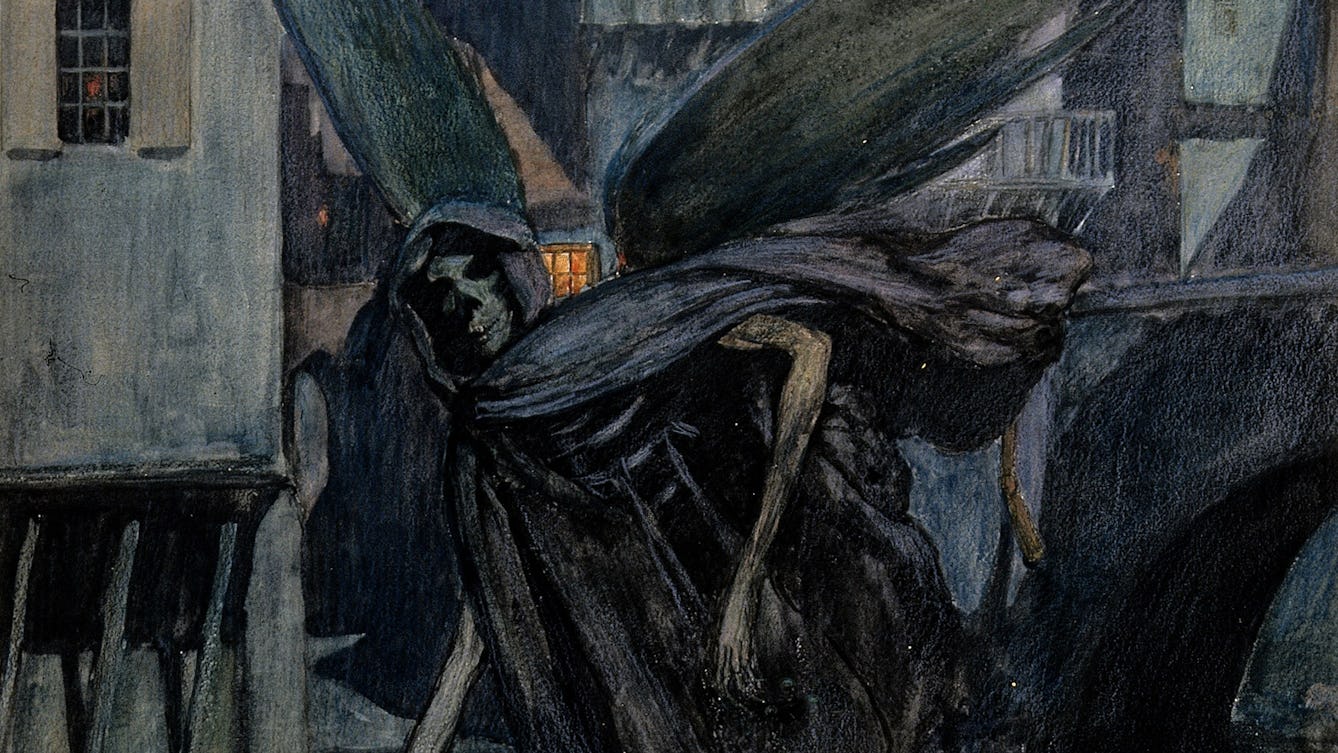
- Article
- Article
The cook who became a pariah
New York, 1907. Mary Mallon spreads infection, unaware that her name will one day become synonymous with typhoid.

- Article
- Article
When wounds replace words
For the many thousands of refugees waiting in Greece, the process to establish the truth of their tragic personal histories is often extremely upsetting. But a group of medics and legal workers is working together to make the system more humane.